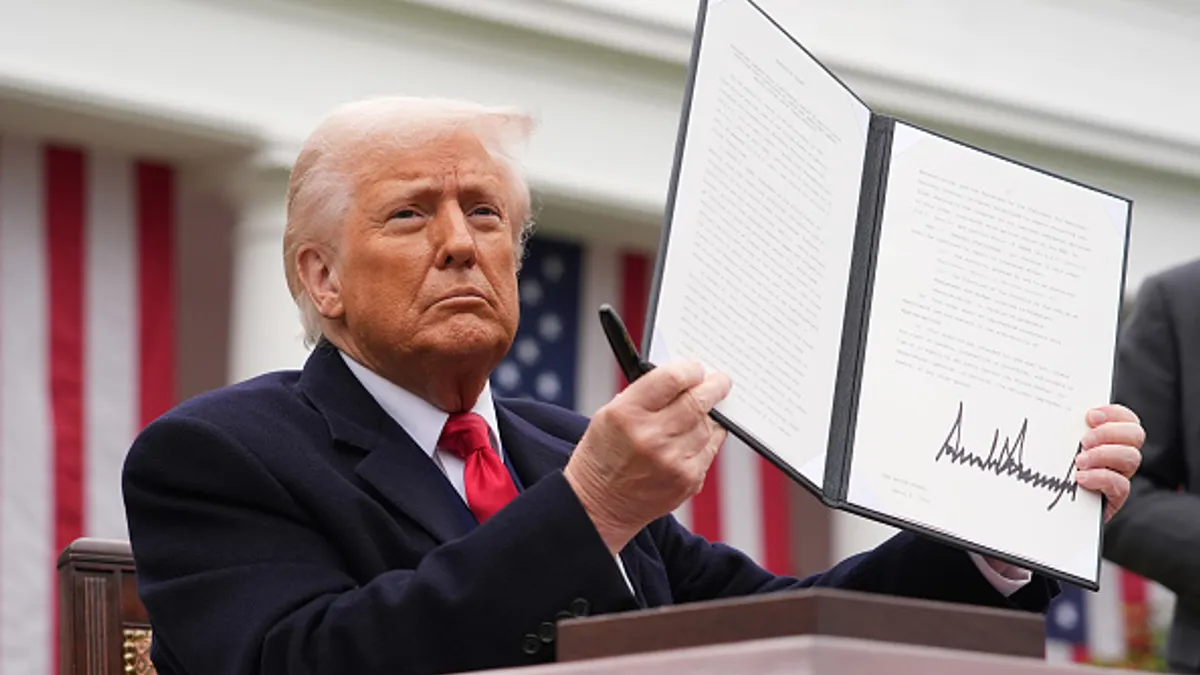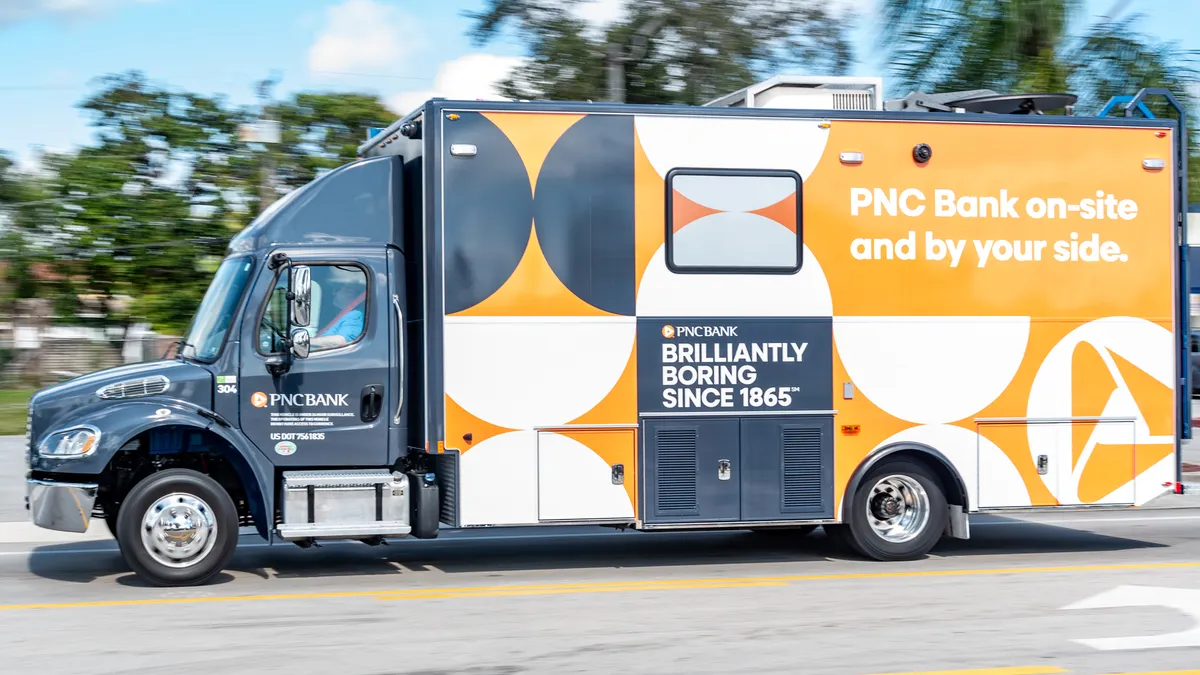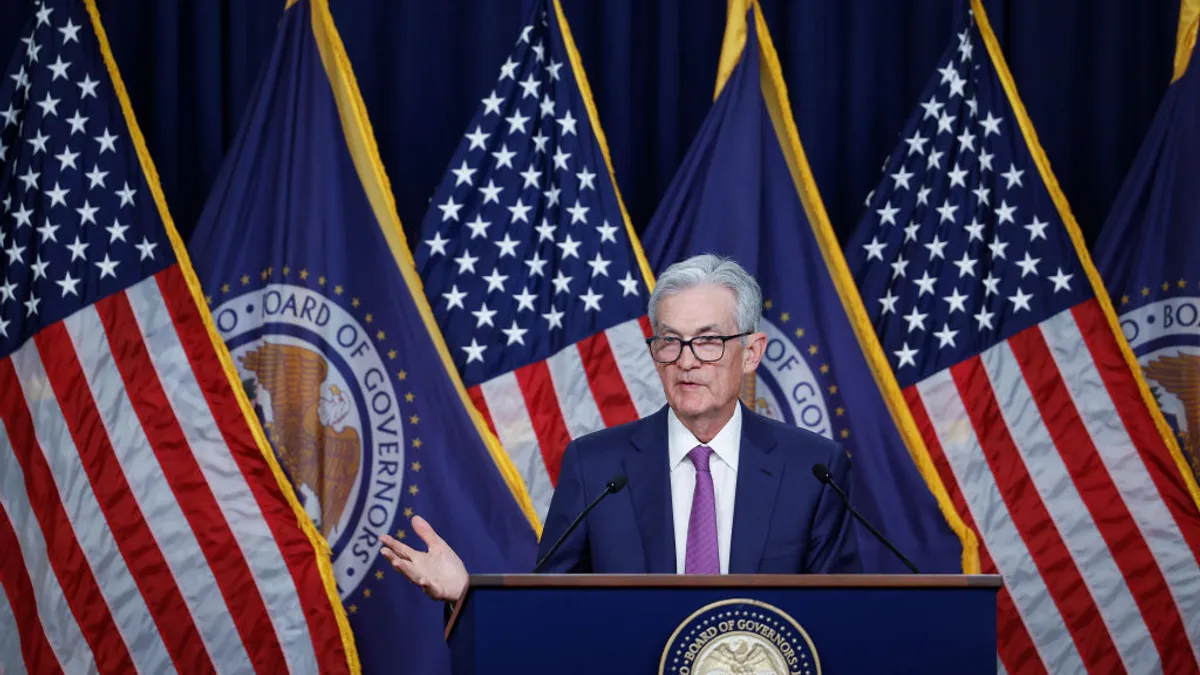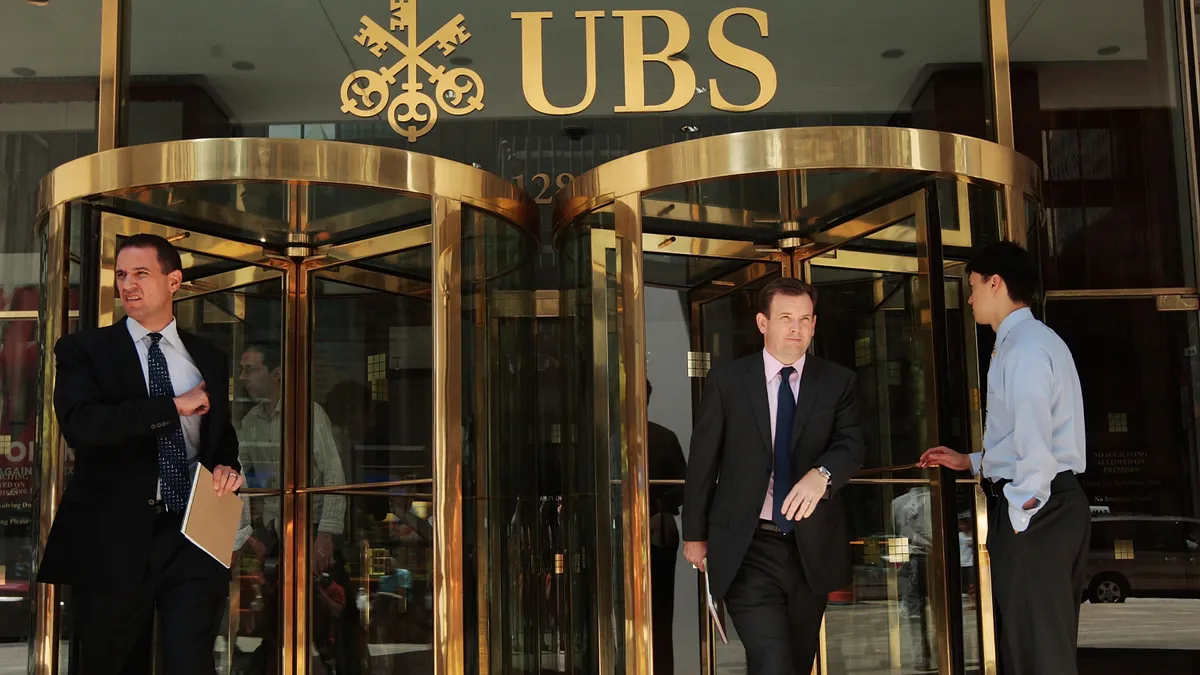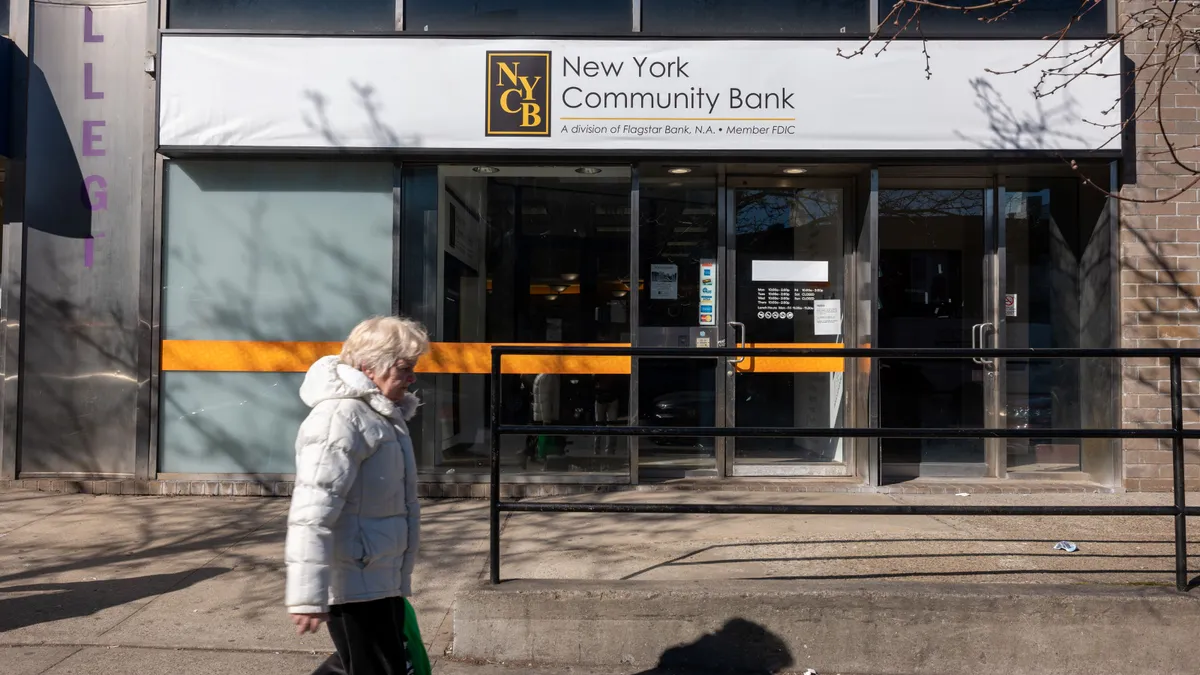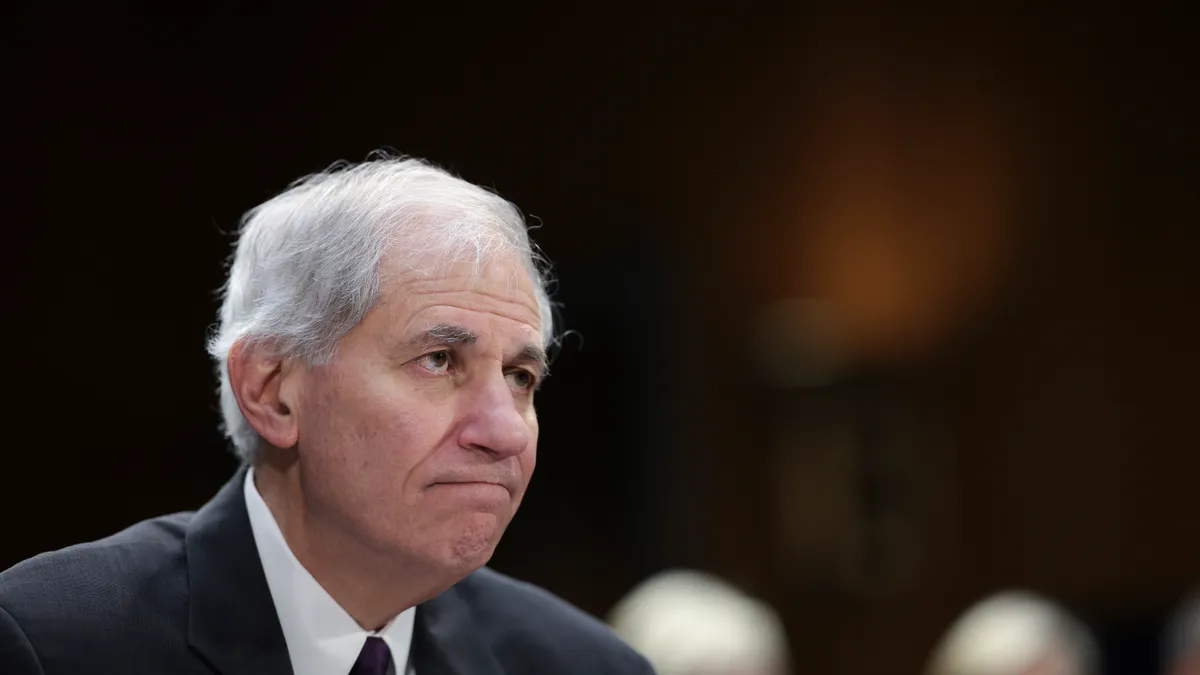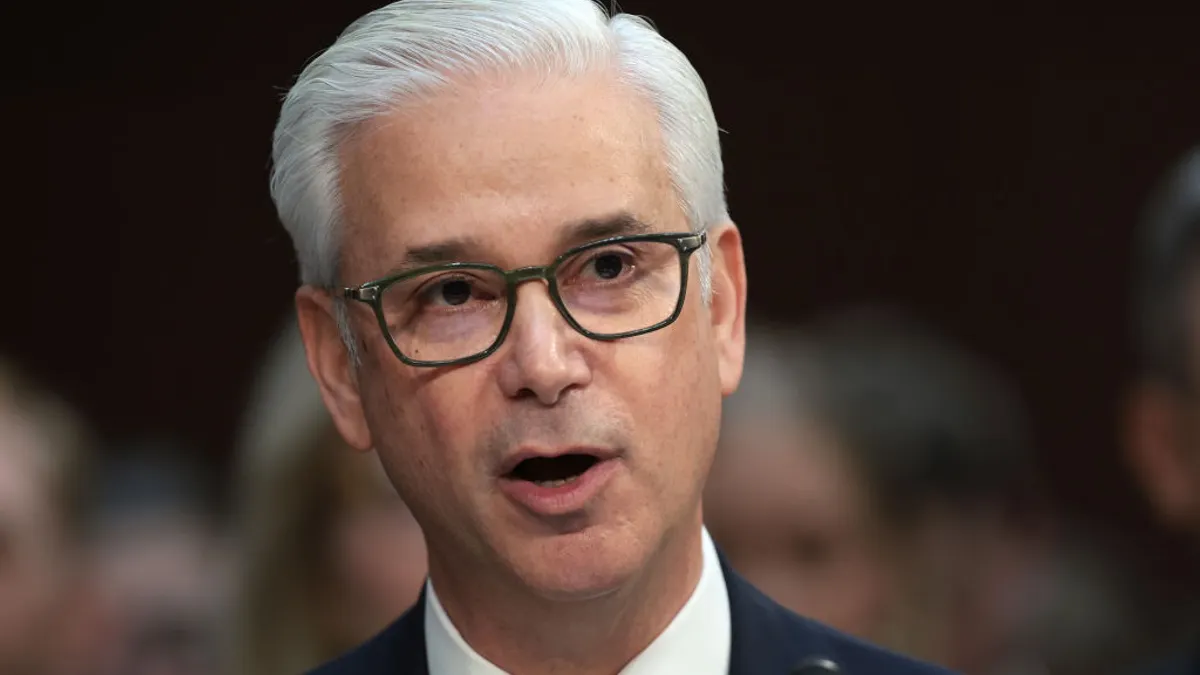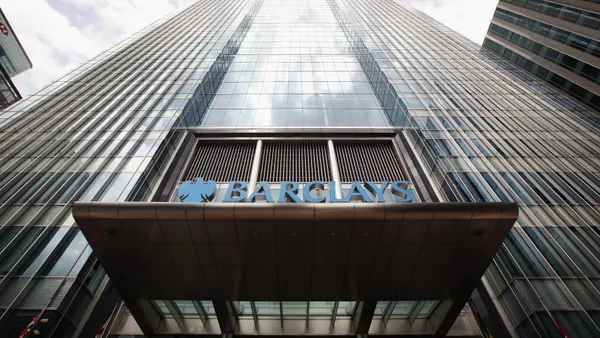President Donald Trump signed a resolution Friday to overturn the Consumer Financial Protection Bureau’s final rule that would have capped, at $5, the overdraft fee that banks and credit unions with more than $10 billion in assets could charge.
“The Biden administration’s ill-conceived rule imposing new price controls on overdraft services … harmed the very consumers the CFPB is supposed to protect,” Sen. Tim Scott, R-SC, said in a statement Friday. “The rule would have reduced access to credit and important financial services and resulted in more unbanked Americans.”
The CFPB rule would have taken effect in October.
Scott, the chair of the Senate Banking Committee, led the push to roll back the CFPB rule through the Congressional Review Act, which permits lawmakers to overturn federal regulations within 60 days after they’re issued. But for rules issued less than 60 days before the end of a congressional session, that window resets when a new Congress convenes. The CFPB issued its overdraft rule in December.
Trump’s sign-off closes the loop on the overdraft question. Former CFPB Director Rohit Chopra, who announced the rule last year, arguably threw shade in April for the pace at which the Trump administration was moving.
The Senate voted in March to overturn the rule, and the House followed suit two weeks later. But a month passed before Trump signed the resolution.
“Weirdly, the president hasn’t signed it yet,” Chopra said in an appearance during the intervening time, suggesting a lack of clear communication between lawmakers and the president.
Trump on Friday separately signed a resolution overturning another late Biden-era CFPB rule that would have let the agency’s examiners determine whether digital payment providers processing at least 50 million transactions each year complied with the Electronic Fund Transfer Act and other consumer protection laws.
In a statement Friday, Rep. French Hill, R-AR, called the overdraft and larger participant rules “undemocratic and unjustified actions.”
“Both rulemakings were rushed out the door in the darkness of night in the waning hours of the Biden-Harris Administration,” said Hill, the House Financial Services Committee chair. “Americans voted for consumer choice, not government overregulation. By overturning these two rulemakings, we are returning decision-making power where it belongs: with the American people.”
A $5 blanket fee is just one option financial institutions could have chosen as an alternative to the fees they charge when customers overdraw their accounts.
The CFPB would have allowed lenders to set a fee that’s equal to their costs and losses from offering overdraft protection. Or lenders could opt to continue charging overdraft fees at current rates as long as they give customers notifications similar to those associated with credit cards.
The CFPB argued the rule could have cut, by $5 billion a year, the revenue that institutions get from overdraft fees. But those fees have been on a downward trend over the past several years. While some lenders still charge around $35 per instance of overdraft, many banks, around 2021 and 2022, reduced the amount they charge – or eliminated the fee altogether.
Proponents of the CFPB rule argued that overdraft fees, as they stood, were far too costly for low- to middle-income consumers and those who were habitually charged. The rule’s detractors asserted that paycheck-to-paycheck consumers knew what they were doing, and leaned on the fee as a safety net.
“To do the right thing for the working class is to give them all the options and let them decide,” Scott said in March. “Trust them with their own resources.”
Banking trade groups pushed back on the overdraft rule nearly immediately. Within a day of the CFPB issuing the rule, the American Bankers Association and others sued the CFPB – and later sought a court injunction to halt the measure’s implementation.
“While we have been confident in the merits of our case, we are pleased to see President Trump and Congress repeal this unlawful rule through CRA,” the ABA and the other plaintiffs said in a statement Friday. “President Trump’s signature doesn’t just preserve access to this essential financial lifeline for millions of Americans who need it; it also means our litigation against the CFPB challenging this rule is now moot.”
Another trade group, the Independent Community Bankers of America, blasted the CFPB rule over “harmful unintended consequences” the organization asserts consumers would have felt.
“Further, the CFPB’s rule exceeded the bureau’s statutory authority under the Truth in Lending Act and violated existing regulations that have determined overdrafts are not extensions of credit,” the trade group said in a statement.



